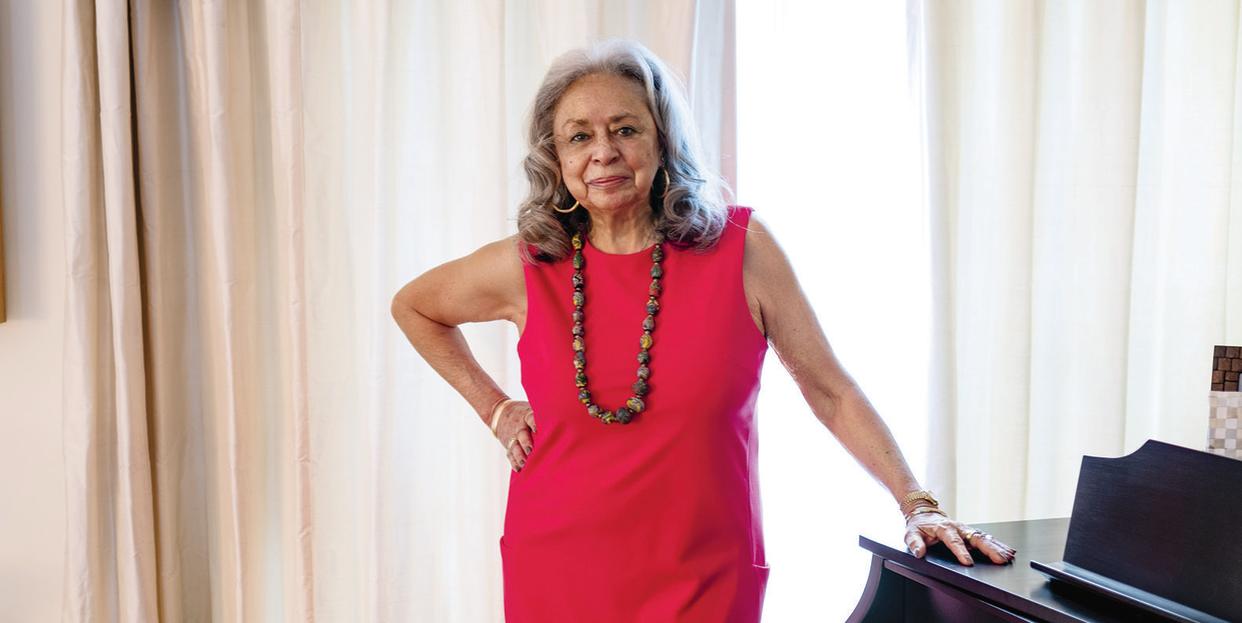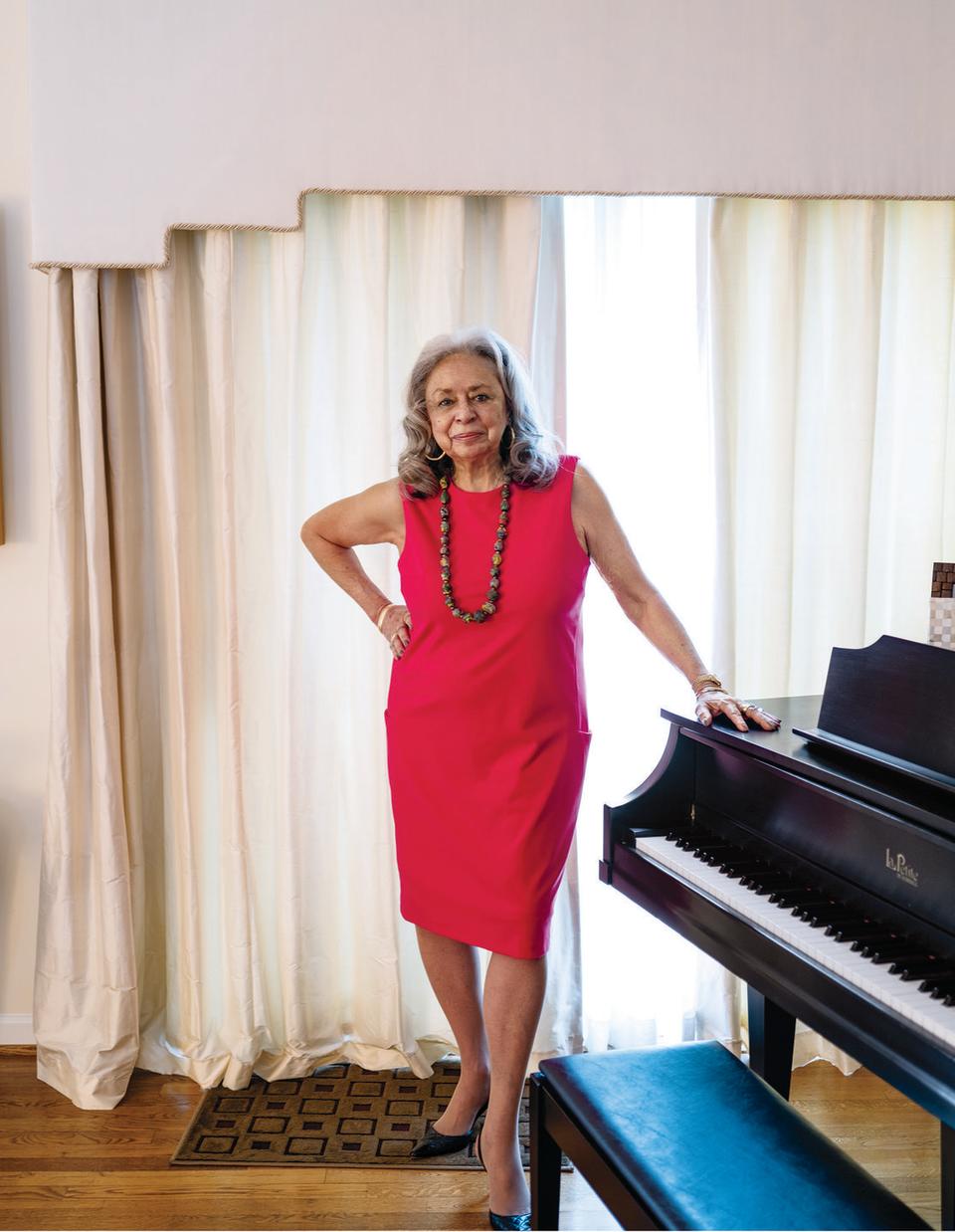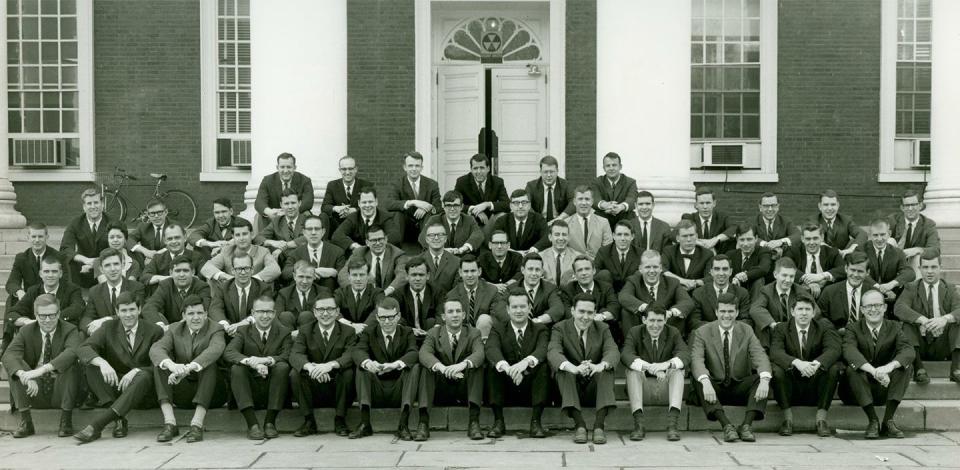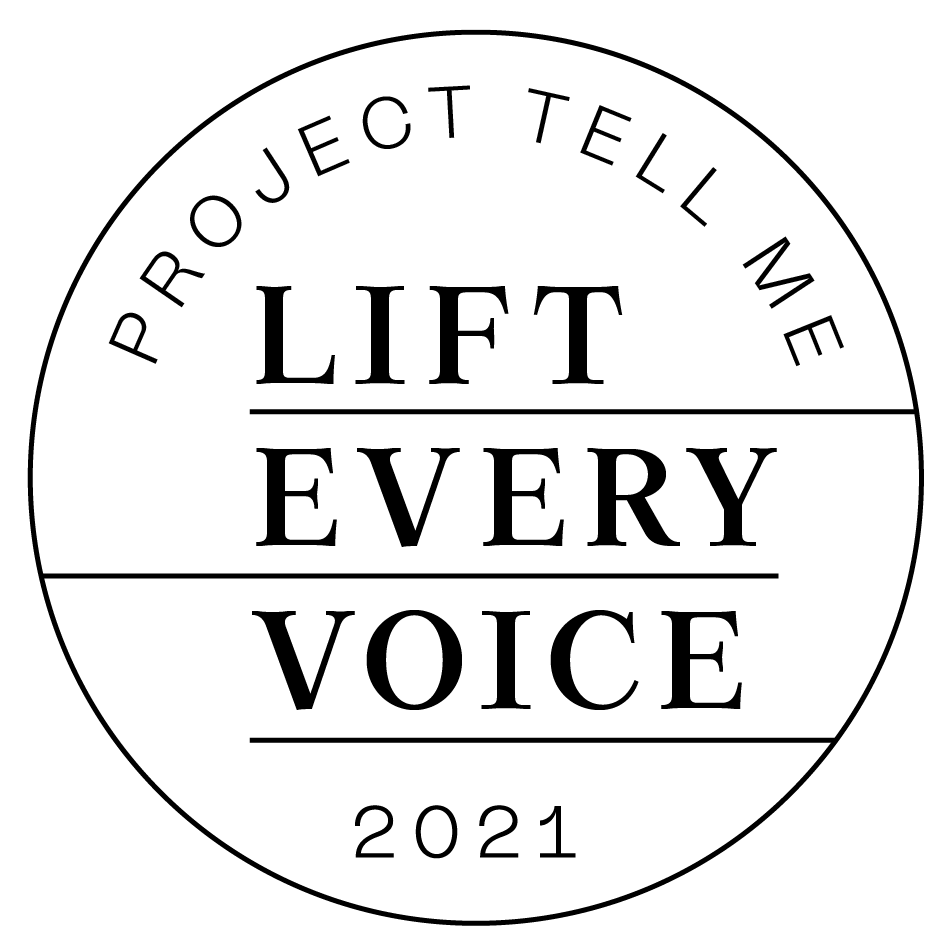Dr. Vivian Pinn, the Only Black Student in Her Med School Class, Went on to Help Millions

“Hearst Magazines and Verizon Media may earn commission or revenue on some items through the links below.”

As told to Melanie Curry/
Photograph by Cheriss May
Firsts define Vivian Pinn’s career: the only Black person and the only woman to graduate from her medical school class, the first full-time director of the Office of Research on Women’s Health. What’s kept her motivated? A focus on greater purposes. Here, she shares her story.
"I became interested in medicine when I was young, growing up in Virginia. My grandparents were both ill—cancer and diabetes—and I watched my father, who was not a physician, take care of them. Then in college, my mom’s doctor treated her for bad posture after her complaints of back pain. He never took an X-ray and ultimately missed her actual issue: bone cancer. I took a semester off to care for her. These experiences made me determined to go into medicine, as I realized how important it was for patients to truly be listened to. I carried that concept with me going forward.

After spending nearly 30 years as a pathologist and professor, I was at a meeting at the National Institutes of Health in 1991, and they talked about a new office of research on women’s health that was being established. At the time, women’s health was really just thought of as reproductive health, and research on women was related to that and breast cancer only. The director of the NIH asked me to come out and head up this new office. My initial response was no—I didn’t come up in government, and I liked to speak my mind, which wasn’t something I thought would work there. But she insisted I try it, so I did, and I’ve spent the past 30 years in women’s health, advocating for studies to include women and understanding sex-specific differences.
Now I’m grateful that she pushed me. We talk a lot about mentors today, but when I was coming up in this world, there were so few women role models. In medical school, I’d go home and vent to my father, who’d listen and encourage me. So when I got into my residency and early years of teaching, students would come talk to me, and I didn’t think I could not take the time with them. While I was at the NIH—I’m retired—we put together programs for women in biomedical sciences and built mentoring in, because it was so important. I know what a difference it can make to have someone you can relate to. Sometimes you can solve your own problems just by talking about them.
I was in a meeting recently and somebody brought up the idea of burnout among young physicians. I said, 'If you’ve been doing this for a few years and you’re tired, think about somebody like me who’s been at it for 50 years!' We get tired.
That’s why we have to take care of ourselves. You can’t be everything for everyone else if you don’t look out for yourself. I say that to so many women who are carrying careers, taking care of kids and parents, being active in the church. They’re trying to do it all, and they’re wearing themselves out. So there is going to be some burnout, and if you feel that coming on, you have to take a break. Play the piano. Play tennis. I read mystery novels as a balance to the heavy science stuff I consume all day. That’s my outlet.
Looking back, I never thought about being a pathologist. I never thought about government work. I never thought about being in women’s health. The opportunities came, and I took advantage of them, often with someone spurring me on and a why not try attitude. You have to make up your mind if you’re going to be someone who talks about things or someone who takes action, and I’ve always believed in actions."
About the Journalist and Photographer
Turn Inspiration to Action
Consider donating to the National Association of Black Journalists. You can direct your dollars to scholarships and fellowships that support the educational and professional development of aspiring young journalists.
Support The National Caucus & Center on Black Aging. Dedicated to improving the quality of life of older African-Americans, NCCBA's educational programs arm them with the tools they need to advocate for themselves.
This story was created as part of Lift Every Voice, in partnership with Lexus. Lift Every Voice records the wisdom and life experiences of the oldest generation of Black Americans by connecting them with a new generation of Black journalists. The oral history series is running across Hearst magazine, newspaper, and television websites around Juneteenth 2021. Go to oprahdaily.com/lifteveryvoice for the complete portfolio.

You Might Also Like

